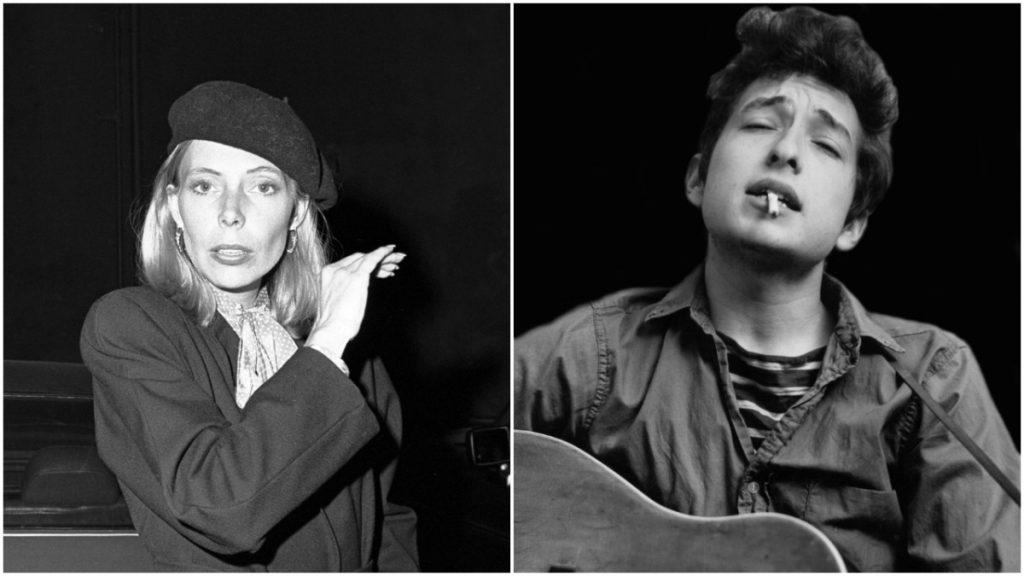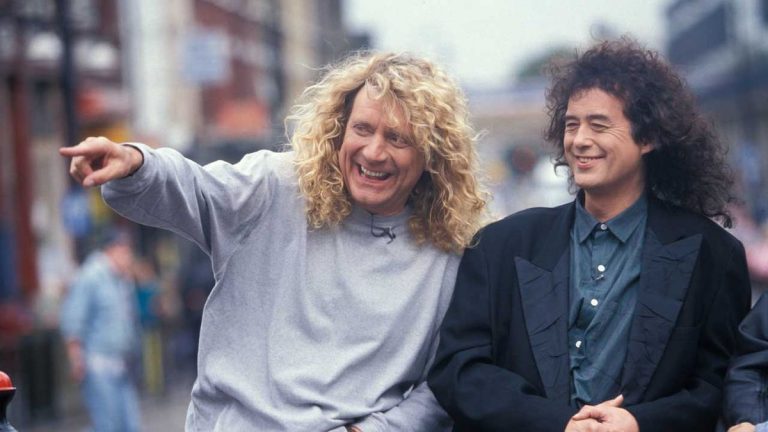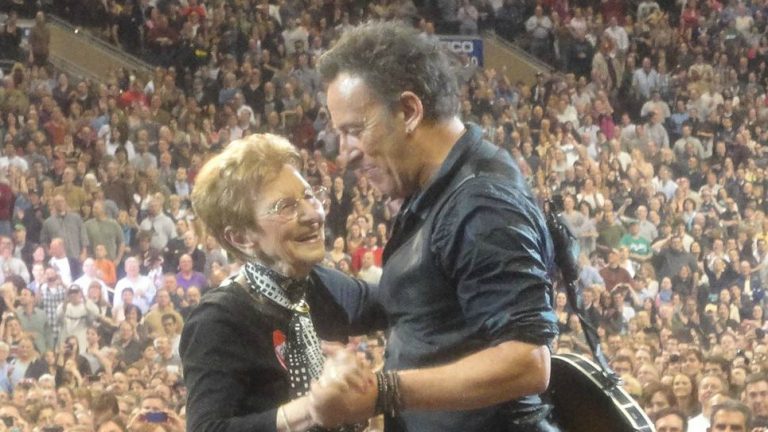When compiling a list of the most influential songwriters of the past century, two legends inevitably rise to the top—Bob Dylan and Joni Mitchell. Now in their 80s, both artists continue to leave their mark on music, occasionally stepping back into the spotlight to share new creations or reflections on their iconic careers.
But decades ago, before they became the towering figures we know today, one profoundly influenced the other, reshaping ideas about songwriting, expression, and the limitless possibilities within a song.
Bob Dylan has often been painted as a bit of a musical curmudgeon—a storyteller with a sharp tongue and a knack for calling it like he sees it. His 1965 single, “Positively 4th Street”, is a prime example. Beneath its catchy melody lies a biting critique, a lyrical takedown aimed at unnamed individuals who had clearly gotten under Dylan’s skin.
The track, which climbed to No. 7 on the Billboard Hot 100, plays like one long, poetic insult. It’s not heavy on metaphor or abstract imagery—instead, it’s raw, direct, and dripping with disdain. Released between two of Dylan’s most celebrated albums, Highway 61 Revisited and Blonde on Blonde, the song followed the smash hit “Like a Rolling Stone” but stood out for its bluntness.
This was Dylan at his most unfiltered. And it struck a chord—not just with fans, but with a young, aspiring songwriter named Joni Mitchell.
Joni Mitchell, two years Dylan’s junior, found something revelatory in “Positively 4th Street.” It wasn’t just another hit song—it was a door flung wide open. Reflecting on the moment years later, Mitchell said, “There came a point when I heard a Dylan song called ‘Positively 4th Street’ and I thought, ‘Oh my God, you can write about anything in songs.’ It was like a revelation to me.”
For Mitchell, Dylan’s unapologetic honesty and conversational style broke down barriers. It showed her that songwriting wasn’t confined to love ballads or abstract poetry—it could be deeply personal, raw, and real. This realization would shape her own approach to music, giving her the freedom to craft songs filled with vulnerability, insight, and her unmistakable voice.
Just three years later, Mitchell released her debut album Song to a Seagull in 1968, marking the beginning of her legendary career—a journey that may have taken a different path had she not heard Dylan’s cutting anthem.










